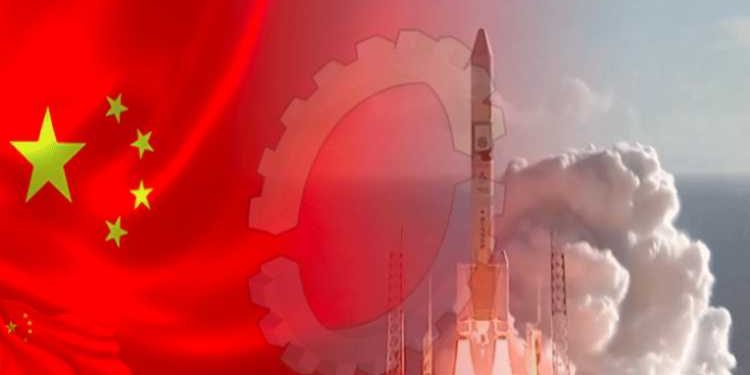China has sent the world’s first 6G Global Positioning System satellites into orbit. This is a huge step forward in the history of satellites and space exploration. The system is part of China’s plan to send astronauts to the moon and learn more about space.
This is also part of China’s plan to set up an extensive network of unmanned exploratory space probes. China likes to call these space probe vehicles ” manned exploration vehicles”. This is quite a bold statement and will raise questions about the U.S.S. ability to operate in space and protect our astronauts from space debris. The first Chinese lunar probe is expected to be launched in 2021.
So what does this mean for China and the United States? It means that China is the first ever to successfully test a communications satellite. China is in a sense able to compete with the U.S. In order for the Chinese government to receive financial assistance from the federal government, they need to develop their own communication system.
The ability to control its orbit and stay in communication is vital to China’s future space program. If China was unsuccessful in sending its GEO satellites into orbit, it may find it very difficult to establish itself as a world power. It may also be extremely difficult to prevent U.S. military maneuvers in the region. The U.S. has very high standards for its satellites. Failure to live up to those standards makes the U.S. very willing to work very hard to defend its assets in space.
Will China succeed in its first-ever space mission? Some say yes. Others say no. Those who doubt the capability of China in sending and controlling its GEO satellites should remember two things. China is one of only two countries that have successfully launched an independently developed satellite into orbit. The other country that did this was Russia.
Both China and Russia are working on next-generation satellites. China plans to have one operational by the end of 2021. Meanwhile, Russia has said it will complete its own first launch by the end of the same year.
It will be fascinating to watch these two nations compete to be first. This first-ever space GEO mission will serve as a “tummy tuck” test for China’s GEO missions. How much can it hurt when a country’s first-ever satellite is not even fully deployed in orbit? If China does not make good on its promise to perfect this technology during this test, the U.S. might very well steal the limelight in this first-ever satellite competition.
A first-ever mission to the space station is not a major achievement. It is however a huge step forward in sending GEO satellites into orbit. China’s mission will surely set the pace for future lunar and extraterrestrial missions. Meanwhile, Russia is moving faster than ever before, with its first-ever GEO and first manned mission to the moon scheduled for 2021.
The U.S. has not tested its own GEO capsule yet but is working on it. China wants to be the first to do that too. While we wait, China is using the space lab as a testing ground for astronauts. Will China beat NASA at getting astronauts to the moon? That remains to be seen, but it looks like it might happen within the decade.
While China is first to the launch pad, Japan is second in the race to reach the moon. The Japanese are also working on a heavy-lift space rocket, which will join the all-star cast of the space races. Both countries are working on bettering their space vehicles and getting them to perform even more efficiently. They both hope to join NASA and become members of the international space organization.
When China successfully tests its own GEO capsule next year, NASA will be right behind them, as will many European and Japanese companies. Both of these space programs are very important to the United States. It makes sense to support these efforts as much as possible.
There is one way to tell if China is first: they signed an agreement with NASA to host the first-ever spacewalks. China is betting that if they win the test, NASA will back off the moon and stay there for years. If they lose, they will host another set of spacewalks. Either way, this is very exciting for China and the world of space travel. This may make humans very interested in having a space station in China.






























